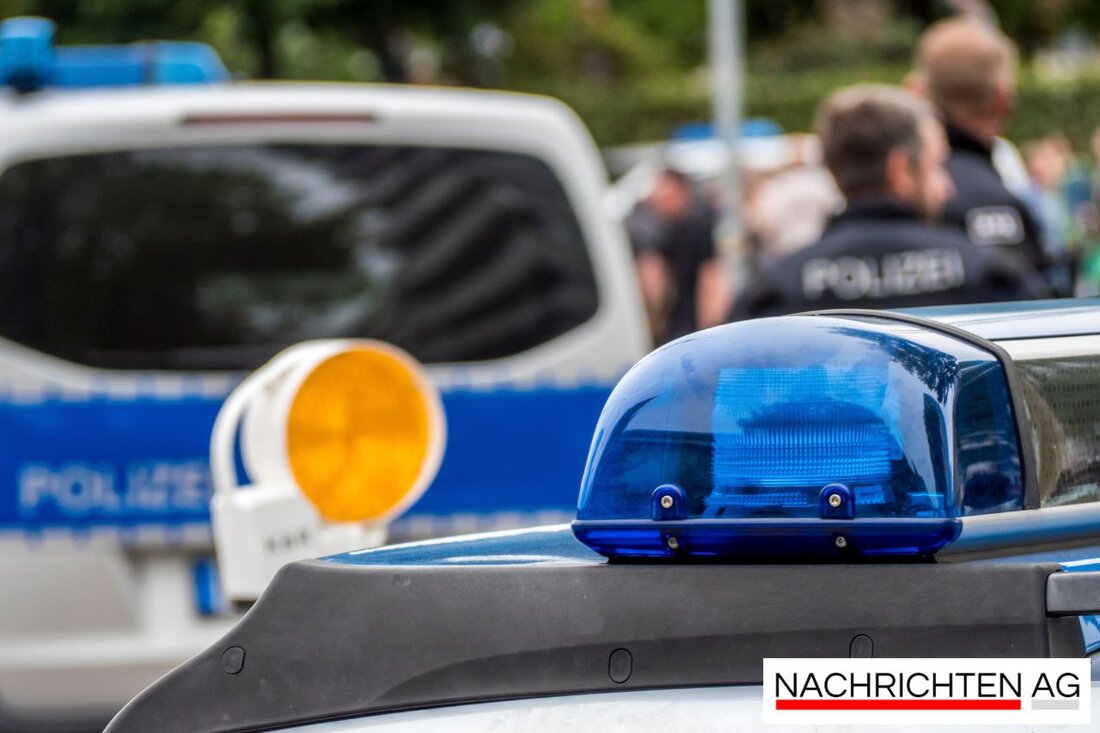Drama on the road: accidents involving wild animals between Lauchhammer and Schwarzheide!
Two wildlife accidents occurred in Lauchhammer, including a collision with a wolf. Accidents are increasing as the wolf's conservation status is debated.

Drama on the road: accidents involving wild animals between Lauchhammer and Schwarzheide!
On the night of Sunday, July 21st, 2025, there were two wildlife accidents within about 30 minutes on the federal highway between Lauchhammer and Schwarzheide. First, a driver of a SKODA Octavia reported a collision with a wolf, which unfortunately did not survive the impact. Shortly afterwards, around 1:30 a.m., a deer collided with a FIAT car. Fortunately, both drivers were uninjured, but each vehicle sustained material damage amounting to around 2,000 euros. A responsible wolf representative was notified to take care of the whereabouts of the injured wolf, as the Brandenburg Police reported.
The frequency of accidents involving wildlife, particularly involving deer, is a growing problem on German roads. In 2022, a total of 265,000 accidents involving wildlife occurred in Germany. These accidents resulted in insured losses of 950 million euros, there were 2,600 injuries and seven deaths. While the wolf population in the EU is constantly growing, the risk of wildlife accidents remains high, as current statistics show.
Wildlife accidents: A constant risk
Accidents involving wild animals are not only a nuisance for drivers, but also a serious risk to road safety. According to the Federal Highway Research Institute (BASt), the number of serious accidents involving wild animals increased slightly in 2021 compared to the previous year. The damage to cars caused by accidents involving wildlife amounted to 940 million euros. Measures to prevent such accidents, such as game crossing traffic signs or wildlife protection fences, have only had limited success. The problem is often exacerbated not only by a lack of measures, but also by fragmented habitats and changes in the food supply for wild animals. Bast argues that a comprehensive recording of wildlife accidents and their causes is necessary in order to develop effective prevention strategies.
One way of thinking that fuels the discussion around wildlife accidents is the role of wolves in our ecosystems. According to a report by stern.de A natural wolf population could have significant positive effects on wildlife population control. Wolves predominantly eat deer, deer and wild boar, which could lead to fewer wild animals crossing the roads. Nevertheless, the CDU plans to change the protection status of wolves in the EU, raising concerns about the future role of these animals in nature.
The protection status of the wolf is not only an issue for conservationists, but also concerns the safety of drivers. If politicians are not careful, this could lead to more wildlife accidents in the long term as well as a further increase in the wolf population, which not only hits roads but also farmers' pastures during their forays. An increased discussion about the presence and protection of wolves is therefore more than just necessary - it is urgently needed to find the balance between humans and nature.

 Suche
Suche
 Mein Konto
Mein Konto